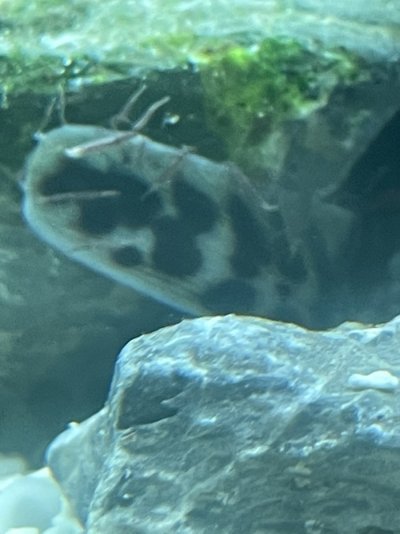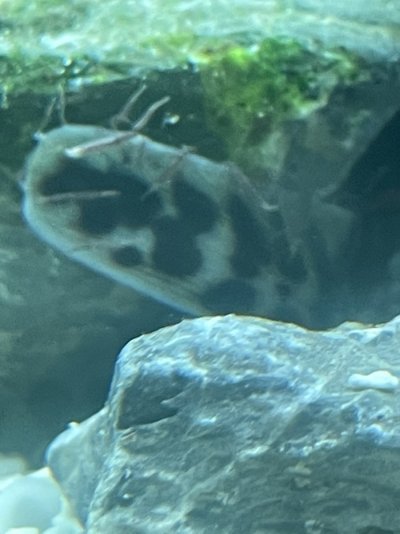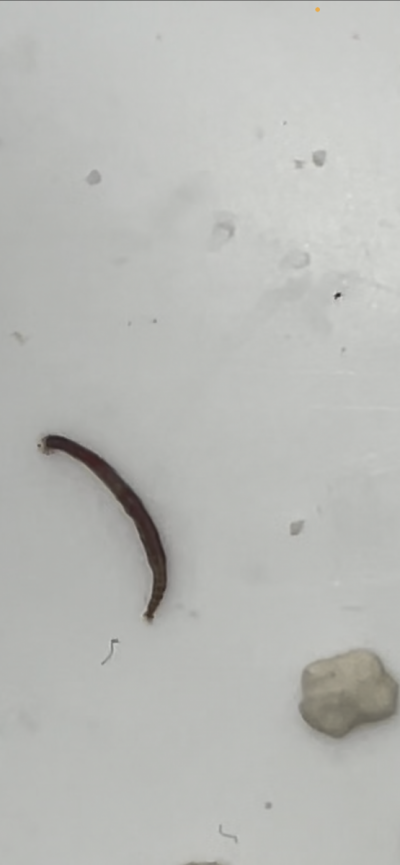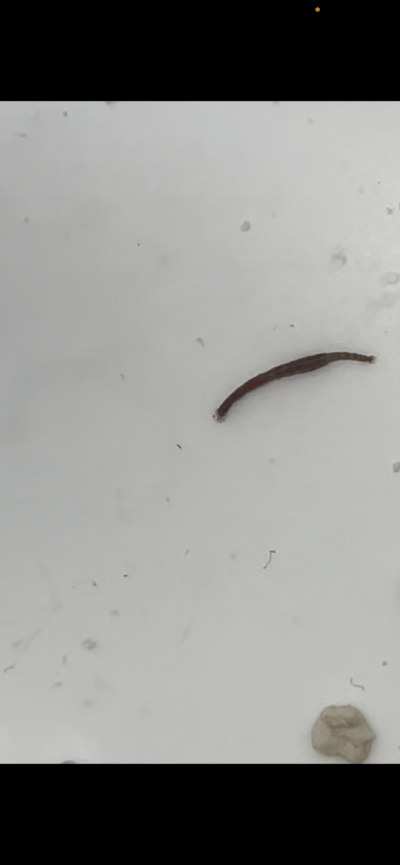I need some help trying to figure out what kind of parasite this is. I introduced an eel and my own fault for not paying enough attention immediately. He is covered in some sort of parasite that is now reproducing. Not sure what it is so not sure how to treat it. They have started to latch on to all my other fish. Threw a few in RO water and they don’t seem to mind it at all. I’m currently moving everything to a quarantine tank and going to prazi pro dip them along with completely tearing down the current tank and restarting it up. Find the pictures attached the video link and let me know what your thoughts are. I will as update this once I do the dip to see if they kill them https://youtube.com/shorts/4VcIu27FlcA?feature=share
Last edited:






















